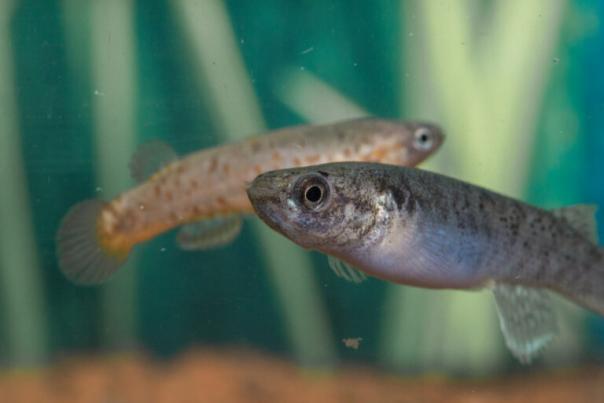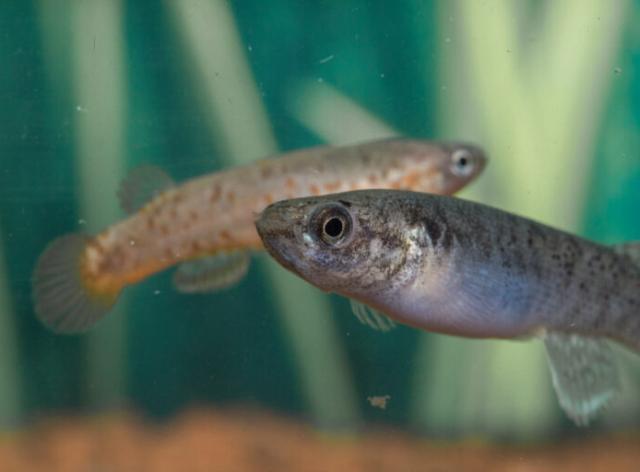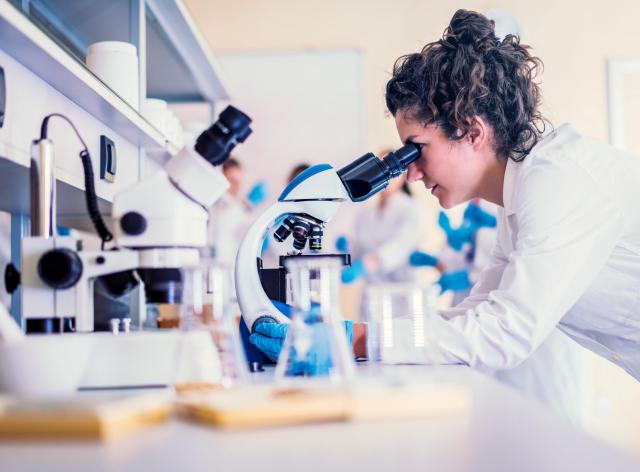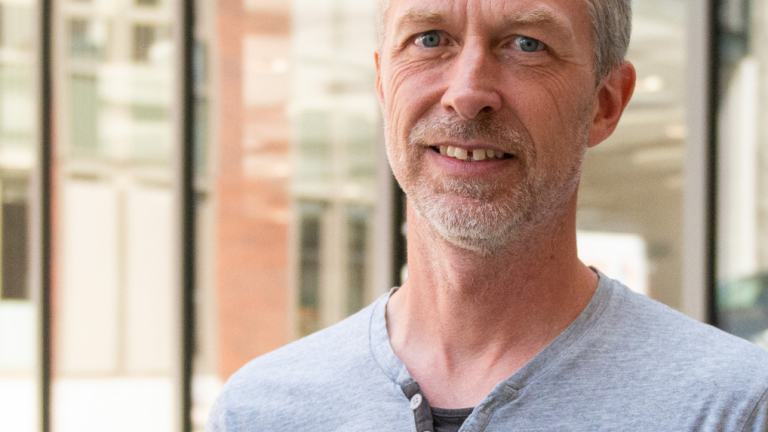The Laboratory of Evolutionary and Adaptive Physiology (LEAP) is directed by Professor Frédéric Silvestre. It is one of 4 laboratories belonging to the Environmental and Evolutionary Biology Research Unit (URBE) within the Biology Department. LEAP is also a member of the Institute of Life, Earth and Environment (ILEE).
Research is in the field of integrative, comparative and evolutionary physiology. We aim to study the impacts of environmental changes (pollution, temperature, salinity, etc.) on aquatic organisms at different levels: molecular, physiological, phenotypic.
Developer (PI) | Frédéric Silvestre
- Professor at the University of Namur
- Responsible for the Laboratory of Evolutionary and Adaptive Physiology (LEAP)
- Vice-president of the Institute of Life, Earth and Environment (ILEE)
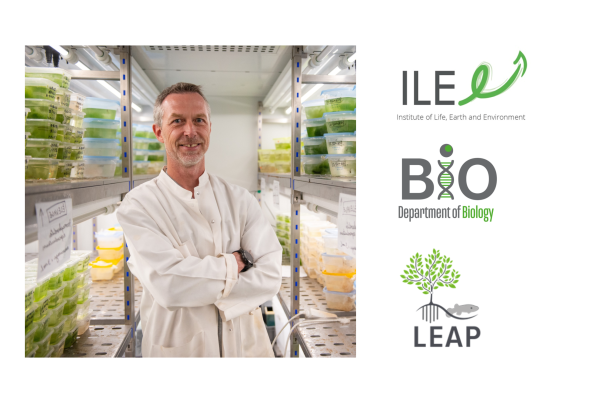
Research at LEAP
Our research bridges genomics, physiology, ecotoxicology, behavioural ecology, and evolutionary biology to understand how organisms respond, adapt, and evolve under environmental change.
Our work focuses on three interconnected areas:
Adaptive and evolutionary epigenetics
Investigating how epigenetic mechanisms drive adaptation and evolution in populations with low genetic diversity, providing insight into resilience and conservation under genetic bottlenecks.
Long-term and transgenerational effects of environmental stress
Exploring how pollutants and other stressors trigger delayed and inherited effects on physiology, behaviour, neurodegeneration, and aging, shedding light on the environmental origins of health and disease.
Epigenetics in conservation biology and aquaculture
Applying epigenomic tools to monitor population health, guide management strategies, and enhance sustainability in both wild and cultured species.
Using fish models such as the mangrove rivulus (Kryptolebias marmoratus) - the only vertebrate that self-fertilize - and the turquoise killifish (Nothobranchius furzeri) - a short-lived vertebrate ideal for studying aging - we integrate molecular, physiological, and behavioural analyses with field ecology and bioinformatics.
We recently developed an epigenetic clock in the mangrove rivulus, a biomarker linking environmental history, stress, and biological aging. This approach is now being extended to conservation contexts, including endangered species such as the beluga whale and endemic fish from Ecuador, to better understand how environment and time shape life’s resilience.
In the newsroom
- Understanding for better protection: an innovative joint FNRS-FRQ research project on the St. Lawrence beluga whale - Read article
- Understanding epigenetics to conserve biodiversity - Read article
- Long-term effects of pollution in our rivers, oceans and lakes - Read article
Documentary | In search of the mangrove rivulus
Scientific documentary by Frédéric Silvestre on the mangrove rivulus, Kryptolebias marmoratus, one of the only vertebrate species able to reproduce by self-fertilization. It was carried out during a field campaign, in the mangroves of Belize and Florida in 2019. It is part of Valentine Chapelle's PhD thesis at the UNiversité de Namur, Belgium (Laboratory of Evolutionary and Adaptive Physiology - LEAP).
